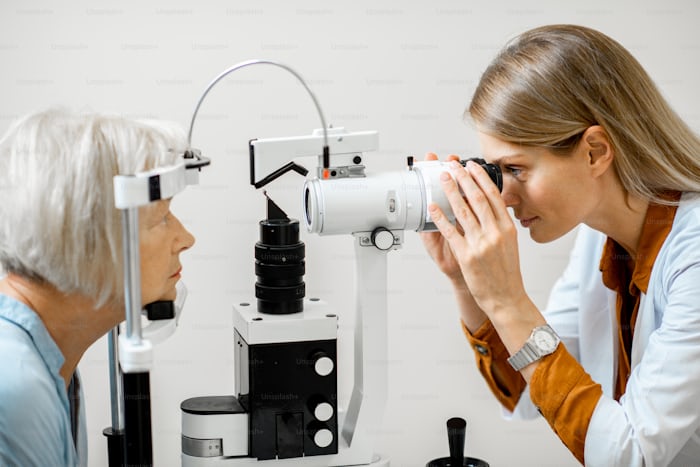Table of Contents
You’ve just had LASIK surgery, and accidentally rubbed eye after lasik. You’re looking forward to clearer vision, but in a moment of forgetfulness or during sleep, this happened. Panic sets in as you wonder about the potential consequences. If you’ve found yourself in this situation, you’re not alone. Many LASIK patients have faced similar scenarios, and while it’s certainly not ideal, it’s not necessarily a disaster.
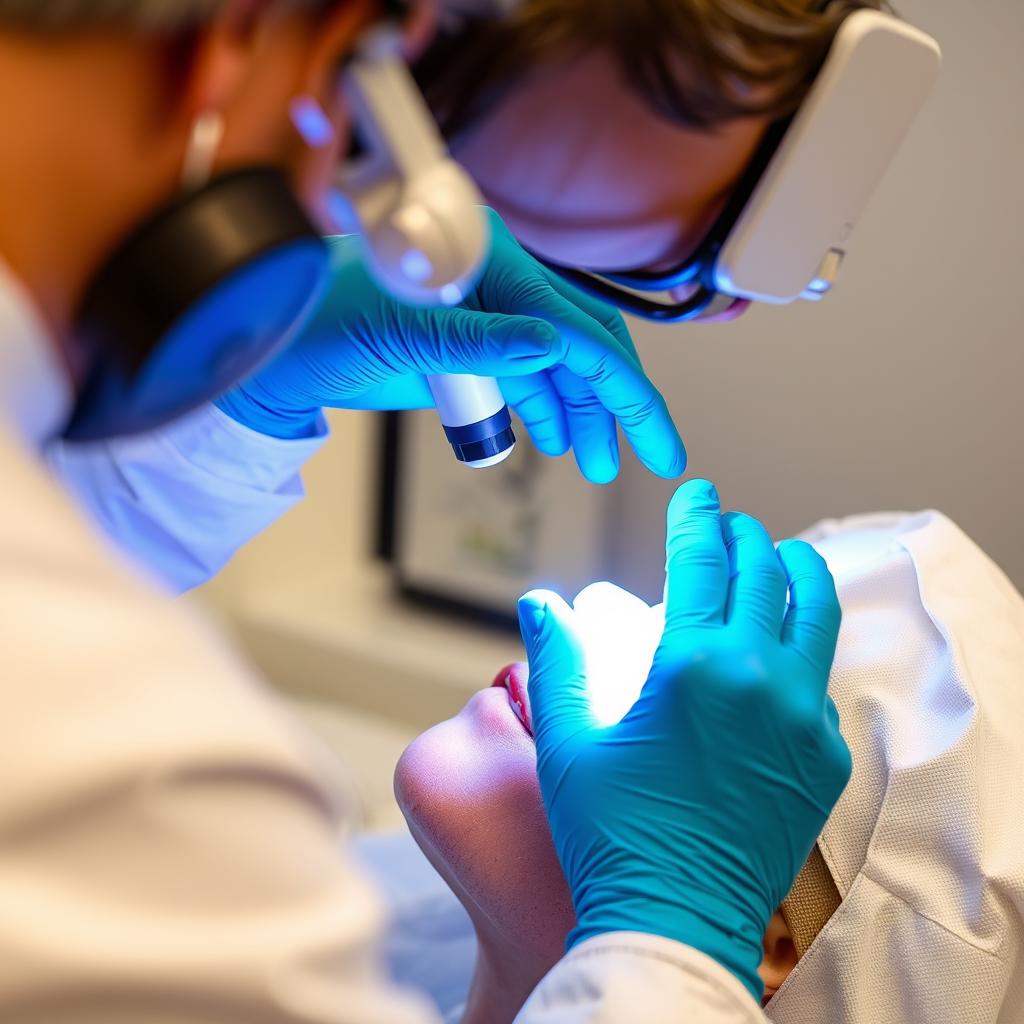
In this article, we’ll explore what happens when you accidentally rub your eye post-LASIK, what risks you might face, and most importantly, what steps you should take to protect your healing eyes. Whether you’re preparing for LASIK or you’re in the recovery phase, this information will help you navigate the dos and don’ts of post-operative eye care.
Understanding LASIK: A Brief Overview
LASIK, short for Laser-Assisted In Situ Keratomileusis, might sound like a mouthful, but it’s actually a relatively straightforward procedure that’s been helping people see clearly for decades.
Let’s break it down in simple terms:
What is LASIK?
LASIK is a type of refractive surgery that uses a laser to reshape your cornea — the clear, round dome at the front of your eye that helps focus light to create an image on your retina. By reshaping the cornea, LASIK corrects common vision problems like nearsightedness, farsightedness, and astigmatism.
How does it work?
During the procedure, your eye surgeon creates a thin, hinged flap in your cornea. They then use a special laser to remove microscopic amounts of tissue, effectively reshaping your cornea to improve your vision. The flap is then laid back in place, covering the area where the corneal tissue was removed.
Why is the flap important?
The corneal flap is crucial to the LASIK process. It allows your surgeon to access and reshape the inner layers of your cornea without damaging the surface. After the procedure, this flap acts as a natural bandage, promoting quick healing.
Recovery time
One of the major benefits of LASIK is its quick recovery time. Many people notice improved vision within 24 hours of the procedure. However, it’s important to note that while your vision may improve rapidly, your eyes are still healing.
The healing process
Full healing can take anywhere from a few weeks to a few months. During this time, your cornea is repairing itself and the flap is gradually adhering more firmly to your eye. This is why post-operative care, including avoiding rubbing your eyes, is so crucial. Understanding the basics of LASIK can help you appreciate why certain post-operative instructions, like not rubbing your eyes, are so important. It’s not just about comfort — it’s about protecting the delicate work that’s been done to improve your vision.
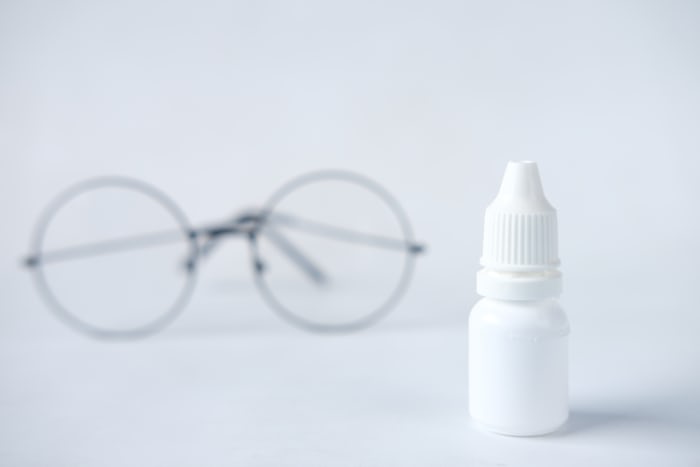
The Importance of Post-LASIK Care
After LASIK, your eyes need special attention to ensure optimal healing and the best possible vision outcomes. Here’s why post-LASIK care is crucial:
Protecting the Corneal Flap
The flap created during surgery needs time to heal and reattach properly. Proper care helps prevent complications like flap dislocation.
Preventing Infection
Your eyes are more vulnerable to infection immediately after surgery. Following care instructions helps maintain a clean healing environment.
Managing Discomfort
Some discomfort is normal after LASIK. Proper care, including using prescribed eye drops, can help manage these symptoms.
Ensuring Best Vision Results
The reshaping of your cornea is precise. Following care instructions helps maintain this shape for optimal vision correction.
Key elements of post-LASIK care include:
- Using prescribed eye drops to prevent infection and inflammation
- Wearing protective eye shields, especially while sleeping
- Avoiding rubbing your eyes
- Staying away from water, soap, and shampoo in your eyes
- Avoiding makeup and lotions around your eyes for a specified period
- Attending all follow-up appointments with your eye doctor
Remember, everyone’s healing process is unique. While some people might feel back to normal quickly, it’s important to follow your doctor’s instructions even if your eyes feel fine. Your diligence in the days and weeks after LASIK plays a significant role in your long-term outcomes.
By understanding the importance of post-operative care, you’re better equipped to protect your investment in your vision. Remember, if you have any concerns during your recovery, don’t hesitate to contact your eye care professional. They’re there to guide you through this exciting journey to clearer vision.
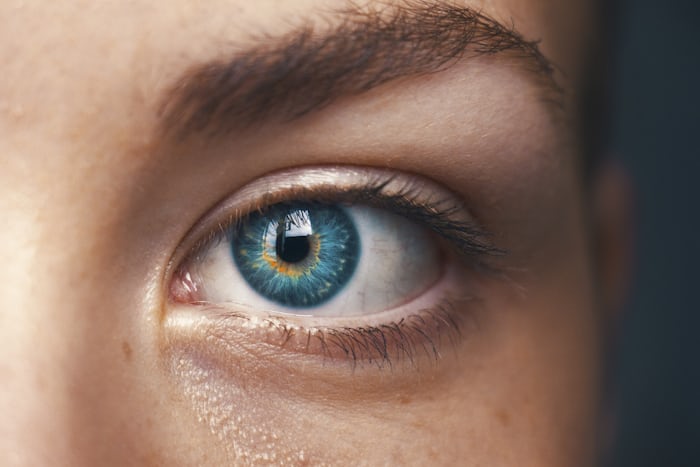
What Happens When You Accidentally Rub Your Eye
If you’ve accidentally rubbed your eye after LASIK, you’re not alone. Many patients find themselves in this situation. When you accidentally rub your eye after LASIK, several things can occur:
- Flap Displacement: The corneal flap created during LASIK is delicate. Accidentally rubbing your eye after LASIK can potentially dislodge this flap before it’s fully healed.
- Infection Risk: When you accidentally rub your eye after LASIK, you introduce bacteria from your hands into your healing eye, increasing the risk of infection.
- Vision Impact: Accidentally rubbing your eye after LASIK might affect the precise corneal reshaping achieved during surgery, potentially impacting your vision results.
- Discomfort: If you’ve accidentally rubbed your eye after LASIK, you might experience increased discomfort or a gritty sensation.
Potential Risks and Complications
While LASIK is generally safe, accidentally rubbing your eye after LASIK can lead to complications:
- Corneal Flap Complications: Accidentally rubbing your eye after LASIK can cause flap wrinkles or even flap dislocation in severe cases.
- Epithelial Ingrowth: If you’ve accidentally rubbed your eye after LASIK, you might increase the risk of epithelial cells growing under the flap.
- Infection: Though rare, accidentally rubbing your eye after LASIK can introduce bacteria, potentially leading to an eye infection.
- Dry Eye Exacerbation: If you’ve accidentally rubbed your eye after LASIK, you might worsen any existing dry eye symptoms.
- Vision Changes: In some cases, accidentally rubbing your eye after LASIK could affect your vision outcomes, potentially necessitating an enhancement procedure.
It’s important to note that while accidentally rubbing your eye after LASIK is concerning, isolated incidents are often not catastrophic. However, if you’ve accidentally rubbed your eye after LASIK, it’s crucial to monitor for any changes and contact your eye doctor if you notice anything unusual. Remember, your eye doctor is your best resource if you’re worried about having accidentally rubbed your eye after LASIK.
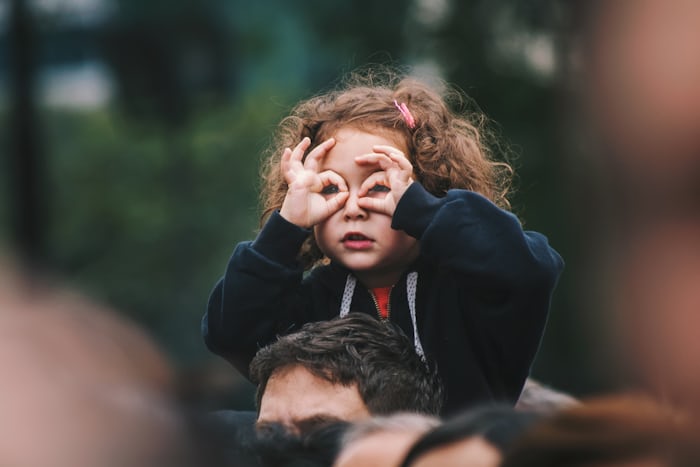
Immediate Steps to Take After Accidental Eye Rubbing
If you’ve accidentally rubbed your eye after LASIK, don’t panic. Here are some immediate steps to take:
1. Stop rubbing immediately
If you realize you’ve accidentally rubbed your eye after LASIK, cease the action right away.
2. Assess the situation
After you’ve accidentally rubbed your eye after LASIK, check for any immediate discomfort or vision changes.
3. Rinse with preservative-free artificial tears
If you’ve accidentally rubbed your eye after LASIK, gently rinse your eye with doctor-approved eye drops.
4. Avoid touching further
After you’ve accidentally rubbed your eye after LASIK, resist the urge to touch or rub your eye again.
5. Contact your eye doctor
If you’ve accidentally rubbed your eye after LASIK, it’s wise to inform your eye care professional, especially if you notice any unusual symptoms.
6. Use protective eyewear
After you’ve accidentally rubbed your eye after LASIK, consider wearing your protective goggles to prevent further accidental rubbing, especially while sleeping.
Prevention and Long-term Care Strategies
To avoid accidentally rubbing your eye after LASIK and ensure long-term eye health:

- Wear protective eyewear: Use the provided goggles, especially at night, to prevent accidentally rubbing your eye after LASIK while asleep.
- Manage dry eyes: Use prescribed eye drops regularly to reduce the urge that might lead to accidentally rubbing your eye after LASIK.
- Practice awareness: Train yourself to be conscious of eye-touching habits to avoid accidentally rubbing your eye after LASIK.
- Address allergens: If allergies make you prone to accidentally rubbing your eye after LASIK, discuss antihistamine options with your doctor.
- Maintain follow-up appointments: Regular check-ups help ensure proper healing and can catch any issues early if you’ve accidentally rubbed your eye after LASIK.
- Long-term eye hygiene: Even months after surgery, be gentle with your eyes to avoid complications from accidentally rubbing your eye after LASIK.
Remember, while accidentally rubbing your eye after LASIK is concerning, following these steps and maintaining good long-term eye care practices will help protect your vision. If you’re ever in doubt after accidentally rubbing your eye after LASIK, don’t hesitate to consult your eye care professional.
Follow Gilcare On:

